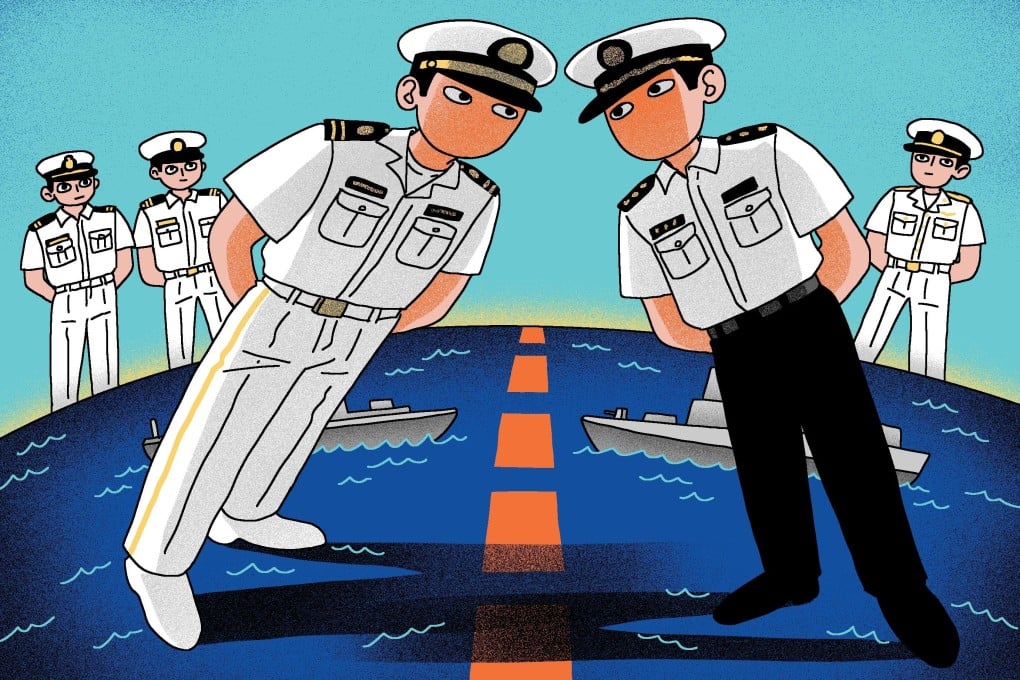Beijing declared milestone on South China Sea Code of Conduct. Is it progress or a tactic?
In all likelihood, the negotiations will be kicked further down the road just as in the past, analyst says

However, observers caution that diplomatic talk aside, there appears to have been few actual gains on contentious sticking points, with core disputes lingering over enforcement mechanisms, geographic scope, legal status and the role of external powers.
A breakthrough or rapid resolution was unlikely, they said, pointing to the increasingly tense and violent territorial dispute and superpower stand-offs in the busy waterway, marked by heightened maritime tensions and a recent war of words between Beijing and the US-led West.
It came shortly after Wang labelled Manila’s frequent maritime frictions with Beijing “a shadow play” controlled by the US and other Western powers, and accused the US of stoking “big power rivalry” by meddling in Asia.
“Asia is not an arena for big power rivalry,” he added.
